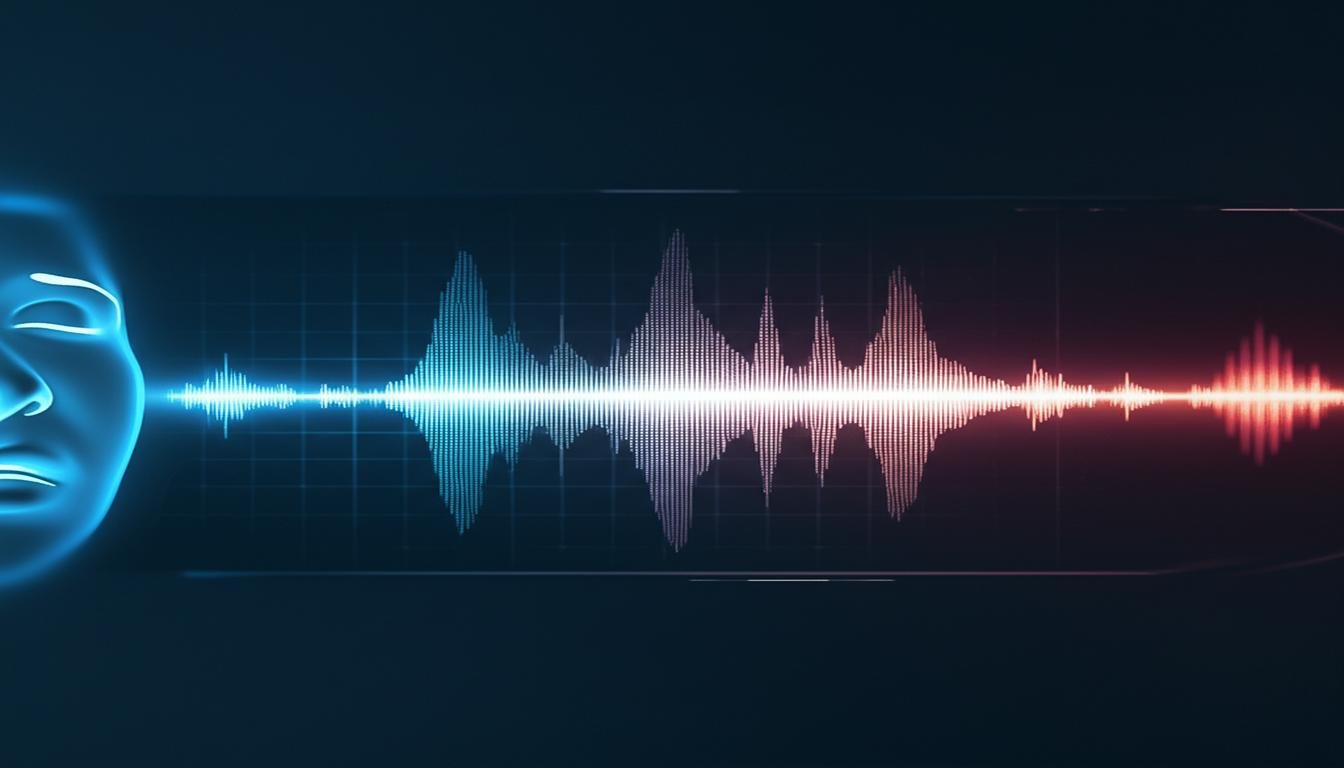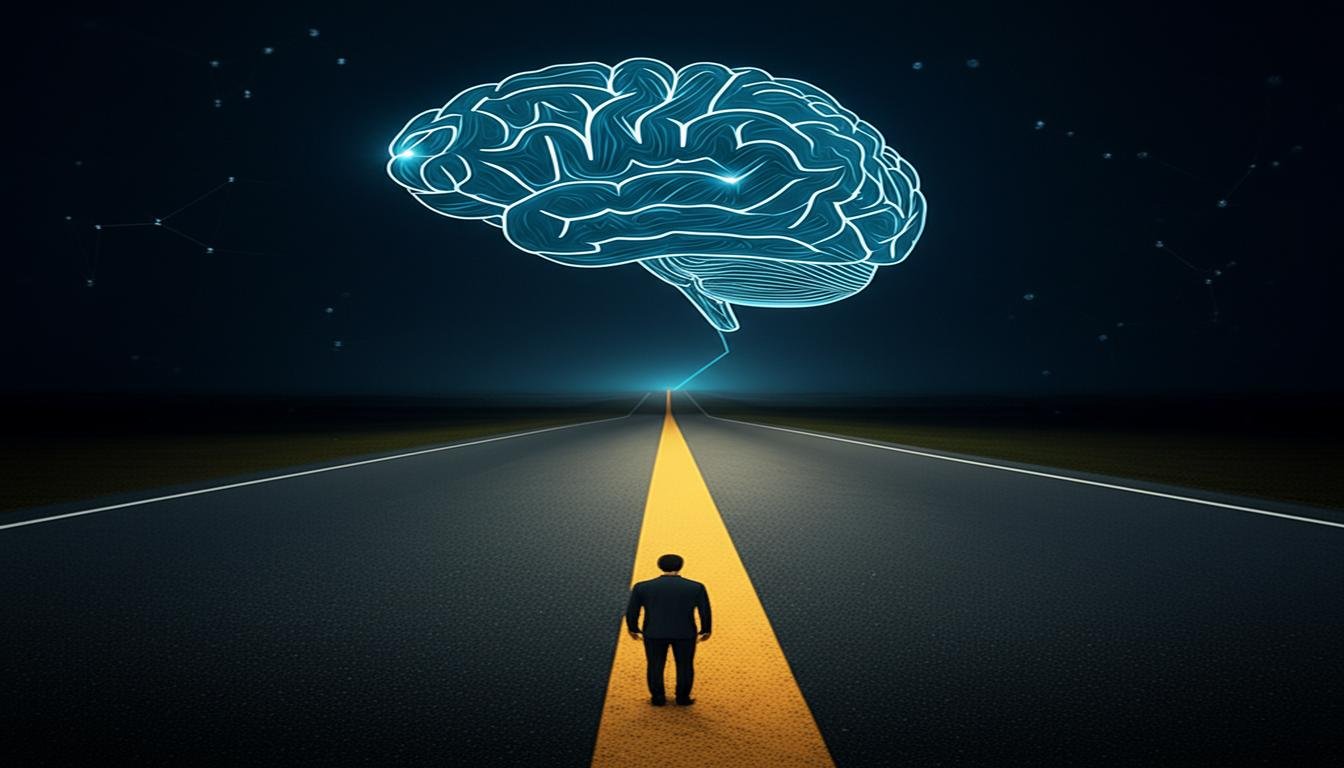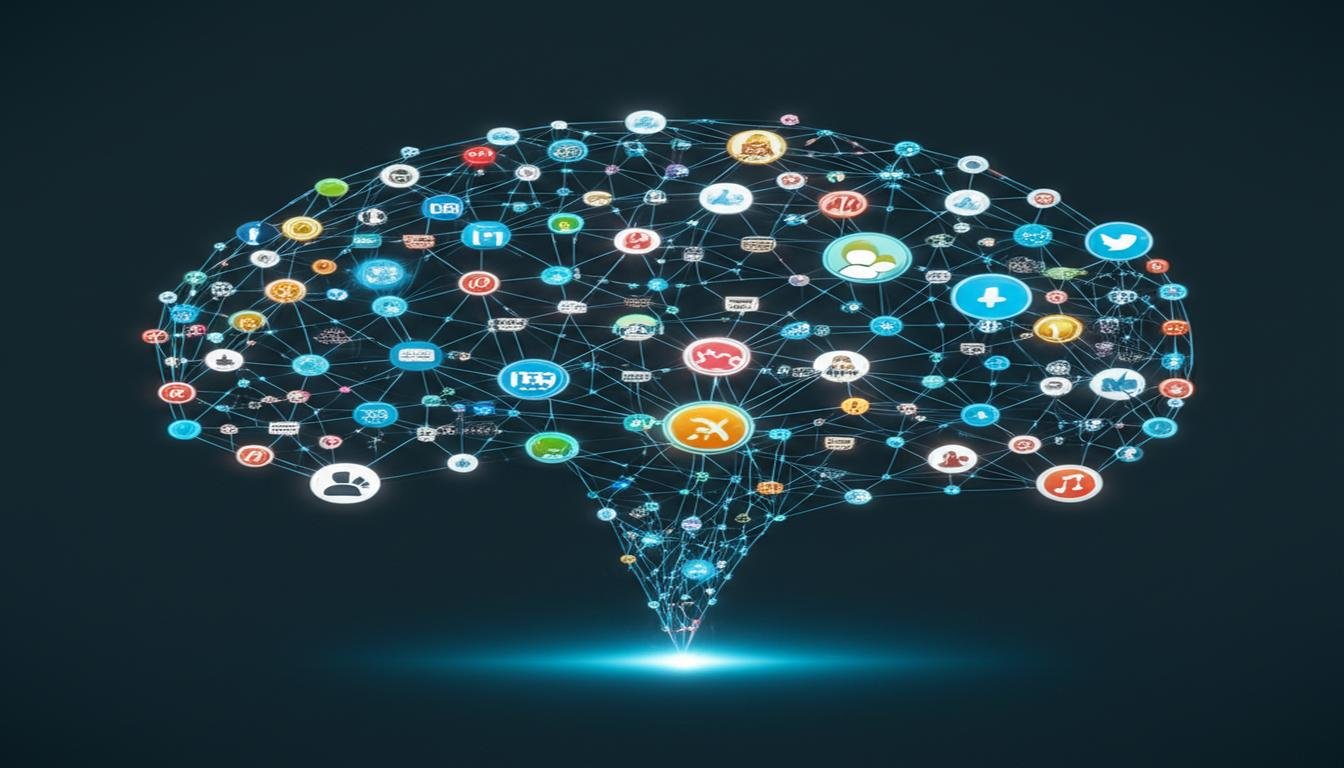Has AI Finally Unlocked the Secret to Infinite Energy? (Theories Only, Folks!)
Imagine a world where your electricity bill is a thing of the past. A place where clean, limitless energy powers our cities, cars, and homes without a single puff of pollution. Sounds like something straight out of a sci-fi movie, right? Well, what if I told you that, according to some groundbreaking theories, Artificial Intelligence might just be cracking the code to make infinite energy a reality?
It’s a pretty mind-blowing concept, and while we’re not quite there yet, the way AI is revolutionizing scientific discovery is giving us serious hope. Let’s dive into how these incredibly smart machines are theorized to help us tap into an endless power supply.
The Holy Grail of Energy: Why It Matters So Much
We all know the challenges: climate change, rising energy costs, and the sheer demand for power from a growing global population. Our current energy sources, mostly fossil fuels, are finite and harmful to the planet. That’s why the search for infinite, clean energy has been the ultimate quest for scientists for decades.
It’s not just about keeping the lights on; it’s about transforming our entire civilization, ensuring a sustainable future, and ending energy poverty worldwide. This isn’t just an engineering problem; it’s one of humanity’s biggest puzzles.
A Quick Look at the Most Exciting Theories
When we talk about infinite energy, a few big ideas always come up. And guess what? AI has a role to play in pushing each of them forward:
- Fusion Power’s Promise: This is the same process that powers our sun! It involves forcing atoms together to release massive amounts of energy, with very little waste. The challenge? Making it work sustainably on Earth requires incredibly high temperatures and magnetic fields to contain the super-hot plasma. It’s notoriously difficult.
- Zero-Point Energy (ZPE): This one gets a bit more “out there” into quantum mechanics. Theories suggest that even in empty space, there’s a huge amount of latent energy constantly fluctuating. Tapping into this “vacuum energy” could literally provide limitless power. It’s highly theoretical but incredibly exciting.
- Advanced Materials & Quantum Phenomena: Discovering new materials that could conduct electricity with zero resistance (superconductors) at room temperature, or manipulating quantum states to extract energy, also falls into this category.
Where AI Steps In: Beyond Human Limits
So, where does AI fit into these ambitious dreams? Think about it: our brains are incredible, but they have limits. We can only process so much information, run so many experiments, or test so many variables in a lifetime. This is where Artificial Intelligence truly shines.
AI’s ability to analyze mind-boggling amounts of data, spot patterns that no human ever could, and simulate complex scenarios at lightning speed is a game-changer. It’s like having a million brilliant scientists working around the clock, perfectly coordinated.
The “How”: AI’s Theoretical Contributions
Here’s how AI is theorized to help us crack the energy code:
- Optimizing Fusion Reactors: Fusion research involves endless experiments to find the perfect magnetic field configuration or reactor design. AI can analyze vast datasets from these experiments, predict plasma behavior with incredible accuracy, and suggest optimal adjustments faster than any human team ever could. It can even design entirely new reactor geometries.
- Unlocking Quantum Secrets for ZPE: The world of quantum mechanics is incredibly complex and counter-intuitive. AI, particularly machine learning algorithms, could potentially process the intricate math and simulations required to understand how to manipulate zero-point energy fields, or even identify new quantum phenomena that could lead to energy extraction. It’s like having a super-powered detective for the quantum realm.
- Accelerating Materials Science Breakthroughs: Imagine AI designing entirely new materials with specific properties, like superconductors that work at room temperature, or incredibly efficient catalysts for energy conversion. AI can screen billions of potential molecular combinations and predict their properties without expensive, time-consuming lab work. This could revolutionize energy storage and transmission.
- Intelligent Experimental Design: Instead of trial and error, AI can guide scientists to the most promising avenues of research, dramatically speeding up discovery and reducing wasted resources. It learns from past experiments and proposes the next best step, creating a hyper-efficient research loop.
It’s Not a Magic Wand (Yet): The Reality Check
Before we get too carried away, it’s important to remember the “according to theories” part of our discussion. While AI’s potential is enormous, we’re still talking about incredibly complex scientific hurdles. There are no guarantees.
The challenges of achieving sustainable fusion, let alone tapping into zero-point energy, are monumental. AI is a powerful tool, but it still needs brilliant human minds to guide it, interpret its findings, and conduct the physical experiments. It’s a partnership, not a replacement.
We also need to consider the ethical implications and ensure that as we pursue these incredible advancements, we do so responsibly and for the benefit of all humanity.
What This Means for Our Future
If AI *does* help us crack the secret to infinite energy, the impact would be truly transformative. Picture a future with:
- No more fossil fuels: A truly clean, sustainable planet.
- Energy abundance: Power for everyone, everywhere, ending energy poverty.
- Economic boom: New industries, job creation, and a surge in innovation.
- Space exploration: Limitless power could open up new frontiers in space travel.
It’s a future worth striving for, and AI is proving to be an indispensable ally in that journey.
So, while the dream of infinite energy still requires immense dedication and breakthroughs, the theoretical role AI plays in accelerating this quest is nothing short of revolutionary. It reminds us that by combining human ingenuity with powerful artificial intelligence, we might just unlock the universe’s biggest secrets. Let’s keep supporting the brilliant minds working on this, because the future of energy looks brighter than ever!









